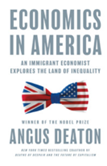From Nobel laureates to top academics to a former Barbados central bank governor, authors have published over the past year deeply researched examinations of inflation, inequality, technology, and other economic lessons learned over a lifetime. Below is a selection of those volumes, drawn from recent reviews in the IMF’s quarterly magazine, Finance & Development (F&D).
Power and Progress: Our Thousand-Year Struggle Over Technology and Prosperity
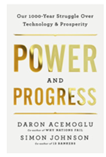
Will coming decades and the advances they will bring cause a further cleaving of society? Daron Acemoglu and Simon Johnson say it’s late, “but perhaps not too late,” to avoid that fate. Their suggestions for how best to do so include breaking up the largest technology companies and reforming the practices of academia.
Economics in America: An Immigrant Economist Explores the Land of Inequality
Angus Deaton, the Nobel-winning economist known for his work on “deaths of despair,” prescribes how economics should address complex issues like poverty. Deaton argues that the economics profession should widen the lens through which it views welfare beyond income and wealth to encompass important aspects of human well-being such as meaningful work, family, and community. The Scottish-born academic draws on his long career and naturalization as an American for a book that’s informative, given the wide range of subjects; compelling, given Deaton’s obvious authority and rich experience; and, given his flair for writing, enjoyable.
Visions of Inequality: From the French Revolution to the End of the Cold War
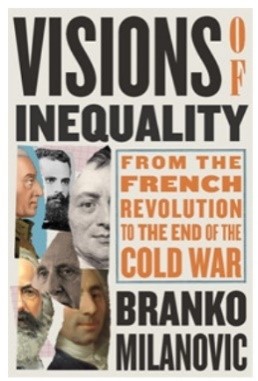
Branko Milanovic, a leading scholar of inequality, places debate on the subject in historical context in this absorbing account of how the intellectual underpinning has evolved. The book chronicles how economics has viewed and analyzed inequality from the French Revolution to the end of the Cold War, distilling the writings of six of the most influential economists of recent centuries, including Adam Smith and Karl Marx.
My Journeys in Economic Theory
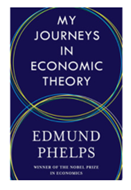
Edmund Phelps, the Nobel-winning economist known for his work on unemployment, inflation, and innovation, shares a personal account of how his thinking on such topics has evolved over his career, and outlines his vision for a dynamic, flourishing economy. The book is profound, far-reaching, and novel, combining analytical depth with a deep concern for economics to describe the lives not of economic agents but real people.
Gender and the Dismal Science: Women in the Early Years of the Economics Profession
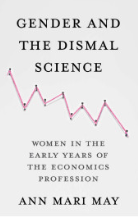
Economists studying how gender discrimination and professional barriers affect women need look no further than their own field. Ann Mari May, a founding member of the International Association for Feminist Economics, provides a compelling and well-researched historical narrative on the sources of gender gaps in economics.
Risk and Resilience in the Era of Climate Change
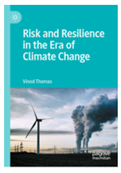
Vinod Thomas advocates for a systemic approach to climate resilience, emphasizing the need to prepare, not just respond. Disaster proofing, he notes, adds less than a tenth to the cost of a new hospital. But as climate change worsens, risks once seen as low probability and high impact will become high-probability, high-impact events.
We Need to Talk About Inflation: 14 Urgent Lessons from the Last 2,000 Years
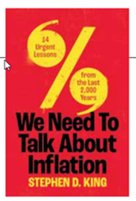
Inflation has a long history, one that policymakers would do well to heed. Economist Stephen D. King touches on some memorable examples: French assignats, US greenbacks during the Civil War, Weimar’s hyperinflation. Weaving in Roman coinage, medieval debasement, and the 1970s, the book shows how monetary history matters.
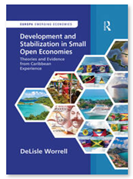
Small developing economies face unique challenges, including heightened vulnerability to external shocks, according to DeLisle Worrell. The former governor of the Central Bank of Barbados makes a valuable contribution to the literature on the economic problems facing small developing states, particularly in the Caribbean, and explains why small countries—and the policy implications—are different.
—Subscribe here for F&D’s agenda-setting explorations of economic and financial issues. Free print subscriptions are available here. Find other F&D book reviews here.




